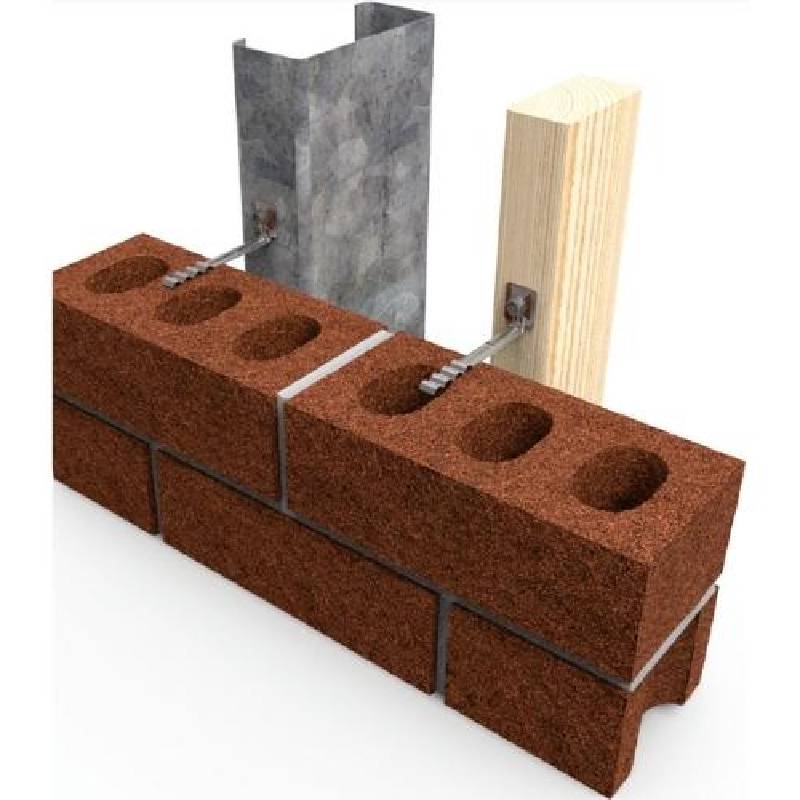
- Mobile Phone
- +8613931874955
- sales@cntcmetal.com
Optimizing Performance with Innovative Lightweight Coil Spring Designs for Enhanced Efficiency
The Benefits and Applications of Lightweight Coil Springs
In the realm of engineering and mechanical design, coil springs play a fundamental role in a myriad of applications. Among these, lightweight coil springs have emerged as a popular choice, providing significant advantages in performance, efficiency, and cost-effectiveness. This article explores the benefits and applications of lightweight coil springs, illustrating their importance in modern engineering solutions.
Understanding Lightweight Coil Springs
Lightweight coil springs are typically made from advanced materials such as high-strength steels, composite materials, or specialized alloys. Their design focuses on reducing weight without sacrificing strength or durability. This is crucial for applications where every gram counts, such as in the automotive and aerospace industries, where minimizing weight can lead to enhanced performance and fuel efficiency.
Benefits of Lightweight Coil Springs
1. Reduced Weight The primary advantage of lightweight coil springs is their reduction in weight. In automotive and aerospace applications, reducing weight is essential for improving fuel efficiency and overall performance. For example, a lighter suspension system can enhance handling, reduce stress on other components, and decrease overall fuel consumption.
2. Improved Performance Lightweight coil springs can respond more quickly to changes in load and environmental conditions. This responsiveness can lead to better handling and ride quality in vehicles, as well as increased reliability in machinery. Engineers can tailor the spring's properties to achieve desired performance characteristics without the drawbacks of heavier alternatives.
3. Cost-Effectiveness While there may be a higher initial cost associated with manufacturing lightweight coil springs due to the advanced materials and technologies involved, their long-term benefits can outweigh this investment. The improved fuel efficiency, extended lifespan, and reduced maintenance costs all contribute to a more cost-effective solution in the overall lifecycle of the product.
lightweight coil springs

4. Versatility Lightweight coil springs are versatile and can be used in a variety of applications. They are commonly found in automotive suspensions, aerospace components, medical devices, and consumer electronics. Their adaptability allows engineers to address specific needs in design while maximizing performance.
5. Sustainability As industries move towards more sustainable practices, lightweight coil springs offer an eco-friendly alternative. By reducing the weight of vehicles and machinery, they contribute to lower emissions and resource consumption. Furthermore, many manufacturers are adopting recyclable materials in their production processes, enhancing their sustainability profile.
Applications of Lightweight Coil Springs
1. Automotive Industry In modern vehicles, lightweight coil springs are integral to suspension systems, improving safety, handling, and comfort. By using lighter springs, manufacturers can create vehicles that are not only more efficient but also provide better performance in various driving conditions.
2. Aerospace Engineering The aerospace sector benefits significantly from lightweight coil springs. These components are used in aircraft landing gears, control systems, and seating mechanisms, contributing to reductions in weight that are critical for fuel savings and performance.
3. Consumer Electronics In gadgets and appliances, lightweight coil springs help to create compact and efficient designs. They are often utilized in mechanisms like battery compartments, hinges, and other components where space and weight savings are paramount.
4. Medical Devices Lightweight coil springs are vital in medical equipment, where precision and reliability are crucial. They are used in devices such as surgical instruments, prosthetics, and diagnostic machines, ensuring they operate effectively without adding unnecessary bulk.
In conclusion, lightweight coil springs represent a significant advancement in the engineering of spring systems. Their myriad benefits, including weight reduction, improved performance, cost-effectiveness, versatility, and sustainability, make them a preferred choice across various industries. As technology continues to evolve, the development and application of lightweight coil springs will undoubtedly play a critical role in shaping future innovations in mechanical design.
share:
-
Why Sacrificial Formwork Is Redefining Underground ConstructionNewsJun.06,2025
-
The Structural Dynamics of Modern Concrete: How Snake Spacers Revolutionize Flexible ReinforcementNewsJun.06,2025
-
Snake Spacers Smart-Lock Concrete Reinforcement with Surgical PrecisionNewsJun.06,2025
-
Snake Spacers: Reinforcement Precision for Modern Concrete ProjectsNewsJun.06,2025
-
Snake Spacers Powering Concrete's Structural DNANewsJun.06,2025
-
Slither into Success: Snake Spacers' Precision Bite for Unbreakable ReinforcementNewsJun.06,2025
-
Sacrificial Formwork: Building Stronger, Faster, and Safer StructuresNewsJun.06,2025



















